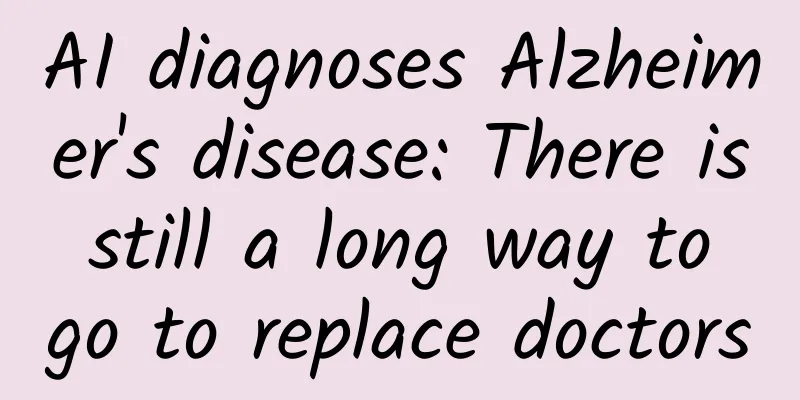The bacteria-gut-brain axis: a new target for disease treatment?

|
The bacteria-gut-brain axis: a new target for disease treatment? Ten years ago, if someone told you that the bacteria in your stomach can affect your mood and your behavior, you might have thought that person was kidding. However, in the past five years, people have changed their view. More and more evidence shows that intestinal microorganisms regulate brain function and behavior through the gut-brain axis. The gut is also called the "second brain" of human beings. A large number of animal and human experiments have also proved that the intestinal flora and the brain communicate bidirectionally through pathways and media such as the autonomic nervous system, enteric nerves, immune system, enteroendocrine signals, neurotransmitters, branched-chain amino acids, bile acids, short-chain fatty acids, spinal cord, hypothalamus-pituitary-adrenal axis, and peptidoglycan, and that the gut-brain and brain can influence each other. A recent study has once again provided data support for this theory. Through a large population survey, it was found that peptic ulcer disease and other gastrointestinal diseases may be significantly associated with major depression. The four digestive phenotypes of gastrointestinal diseases (PUD, GORD, PGM and IBS) are positively correlated with depressive symptoms, major depression, attention deficit hyperactivity disorder, neuroticism, and neurotic diseases such as insomnia. This result demonstrates a link between neurological and gastrointestinal diseases, which may share genetic similarities. Research has also proven that the microbiota is involved in a variety of neurological diseases. Not only diseases, but also emotions and desires are related to the intestinal microbiota. You can listen to the 4th and 5th sections of the course for more information. Gastrointestinal disorders may increase the risk of depression, and vice versa. Taking medications that cause severe depression may lead to the development of gastrointestinal disorders, and similarly, if the gastrointestinal disorders improve, the corresponding depression symptoms will also improve. The interaction between the intestine and the brain is regulated by many factors. Environment, diet, genetics, stress and other factors can affect the microbiota-gut-brain axis. Therefore, in the future, using drugs to treat physical and mental illnesses will not be the only way to solve illnesses. Lifestyle and psychological factors, coupled with intestinal flora, may be influencing factors that people need to rethink. References doi.org/10.1159/000485190 The Microbiota-Gut-Brain Axis, 10.1152/physrev.00018.2018 |
Recommend
Why do some women have no body hair?
Some lovers are in love and quickly make vows of ...
What medicine is effective for gynecological itching
Women often suffer from various gynecological dis...
What does metrorrhagia mean for women?
Menstruation is very important for women, because...
What are the causes of cracked nipples?
Moms who are breastfeeding for the first time wil...
Dull pain in the uterus
The biggest manifestation of uterine pain is dysm...
Dietary recommendations for influenza A infection (general fatigue and muscle aches)
Drafting experts (sorted by the number of strokes...
The pregnancy line is thicker on the bottom and thinner on the top
Stretch marks are a problem that bothers many peo...
How long did you get pregnant?
We often say that it is not easy to be pregnant f...
What procedures are required to return to Wuhan during the epidemic? What should I do if I want to return to Wuhan during the epidemic?
During the epidemic, many people want to go back ...
Don’t eat it while it’s hot! It can really cause cancer! Be more vigilant if these 3 situations occur
Esophageal cancer has always been among the top f...
[Medical Q&A] Will I become disabled if my tendons are broken?
Planner: Chinese Medical Association Reviewer: Ha...
Do you know how to sunbathe?
I have always advocated improving the overall qua...
How to treat chronic erosive antral gastritis
Chronic erosive antral gastritis is a relatively ...
Sanitary napkins for postpartum use_Which sanitary napkins are good for postpartum use
After giving birth, women need to discharge lochi...









